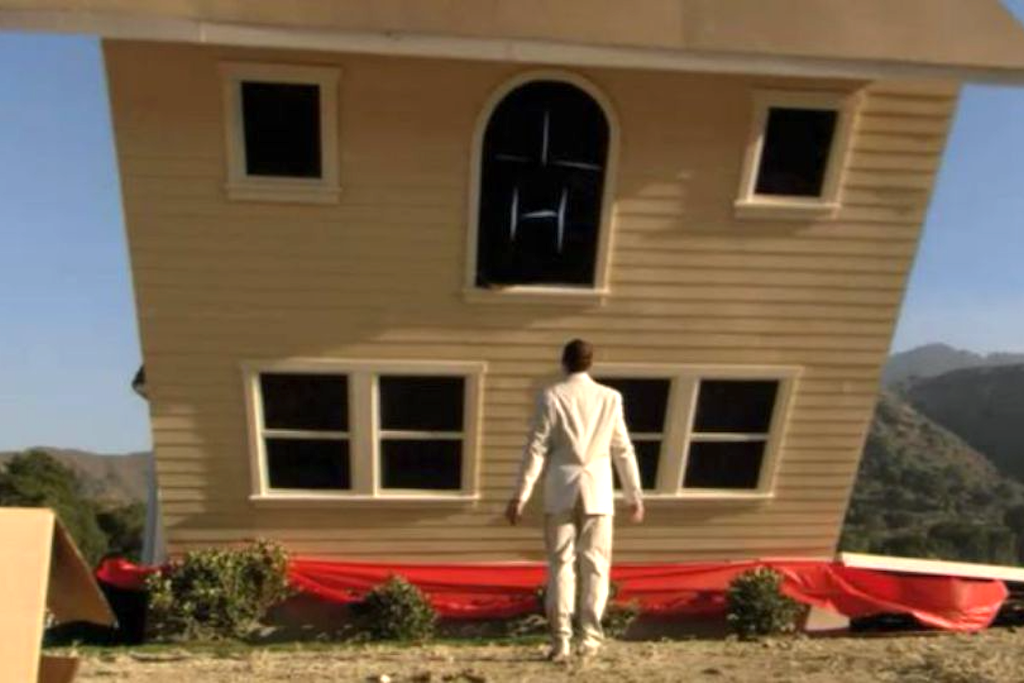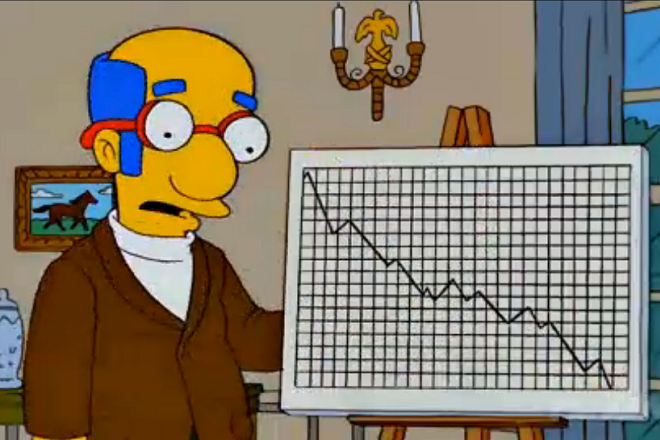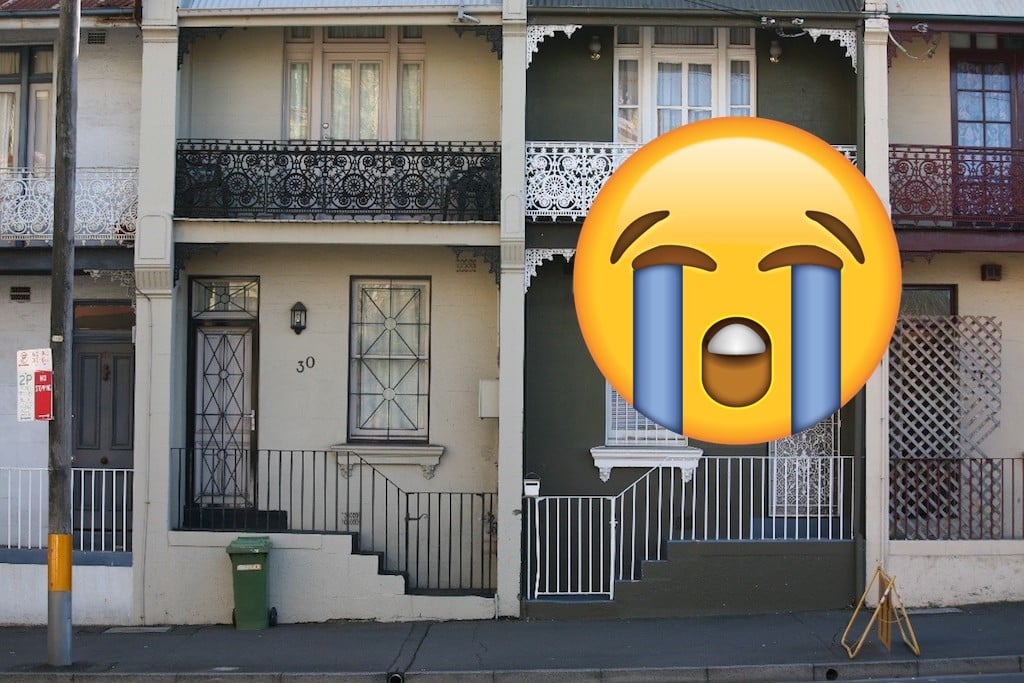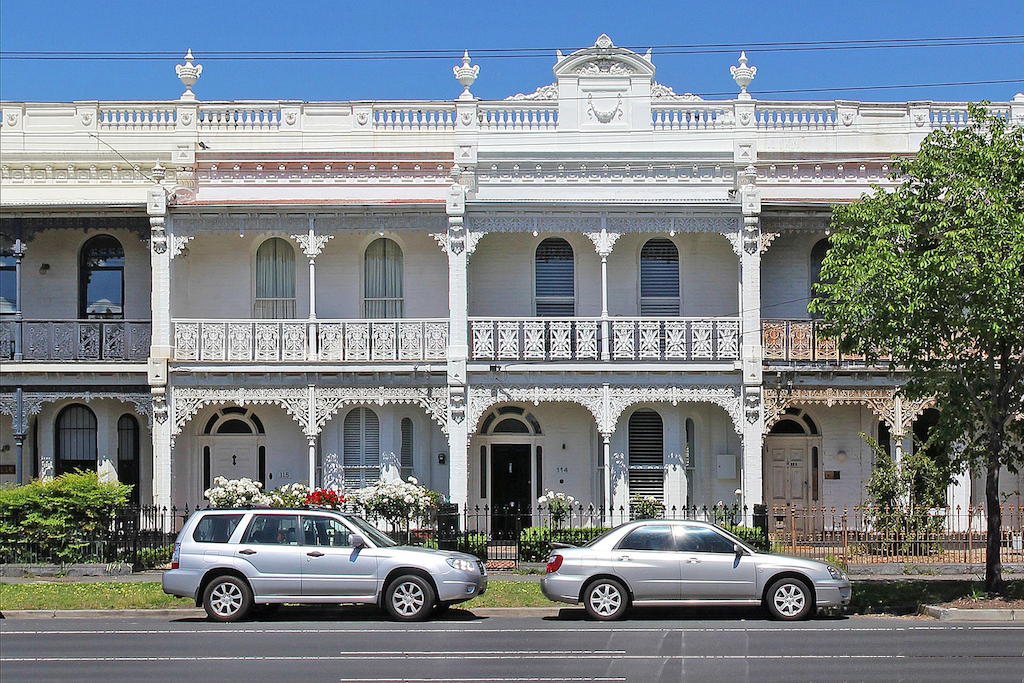Here’s How Aussie Millennials Stack Up Against The Rest Of The World On Home Ownership
It's... not great!

It’s a day ending in ‘Y’ and because we live in Australia that means the release of yet another report laying out how utterly broken the state of the housing market it.
Today’s bad news comes courtesy of HSBC. The bank’s latest survey shows that only 28 percent of millennials (defined in this survey as people born between 1981 and 1998) own a house.
To be honest, that number is higher than I thought but out of the nine countries HSBC surveyed Australia had the second-lowest rate of millennial home ownership. The only country we beat was the United Arab Emirates.
Millennials in China, Mexico, France, Malaysian, the UK, the US, and Canada are all doing better than us.
Even though things look pretty bleak 83 percent of young Australians are still hoping to crack into the housing market in the next few years. That’s a lot of people who are going to have their heart broken.
I’m sorry, but it’s true.
The biggest barriers to home ownership identified in the survey were the high cost of a deposit and the cost of houses relative to salaries. In Sydney, for example, the median house price is now 12 times the median salary.
And even though Malcom Turnbull suggested last year that young people struggling to afford a house should ask their parents for help, the survey found that only 30 percent of millennial home-owners hit up the bank of mum and dad.
Seperate data released by the Department of Social Services last year tracked exactly how much worse things are getting for young people. In 2002, nearly 40 percent of 25-34 year olds owned a house. By 2014, that figure had collapse to less than 30 percent. Meanwhile nearly 75 percent of people aged 65 and over own a home.
Between that same period, median household wealth for people aged over 65 increased by a massive 61 percent. For 25-35 year olds, it increased by just 3 percent.
How’s that for intergenerational equality?


